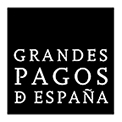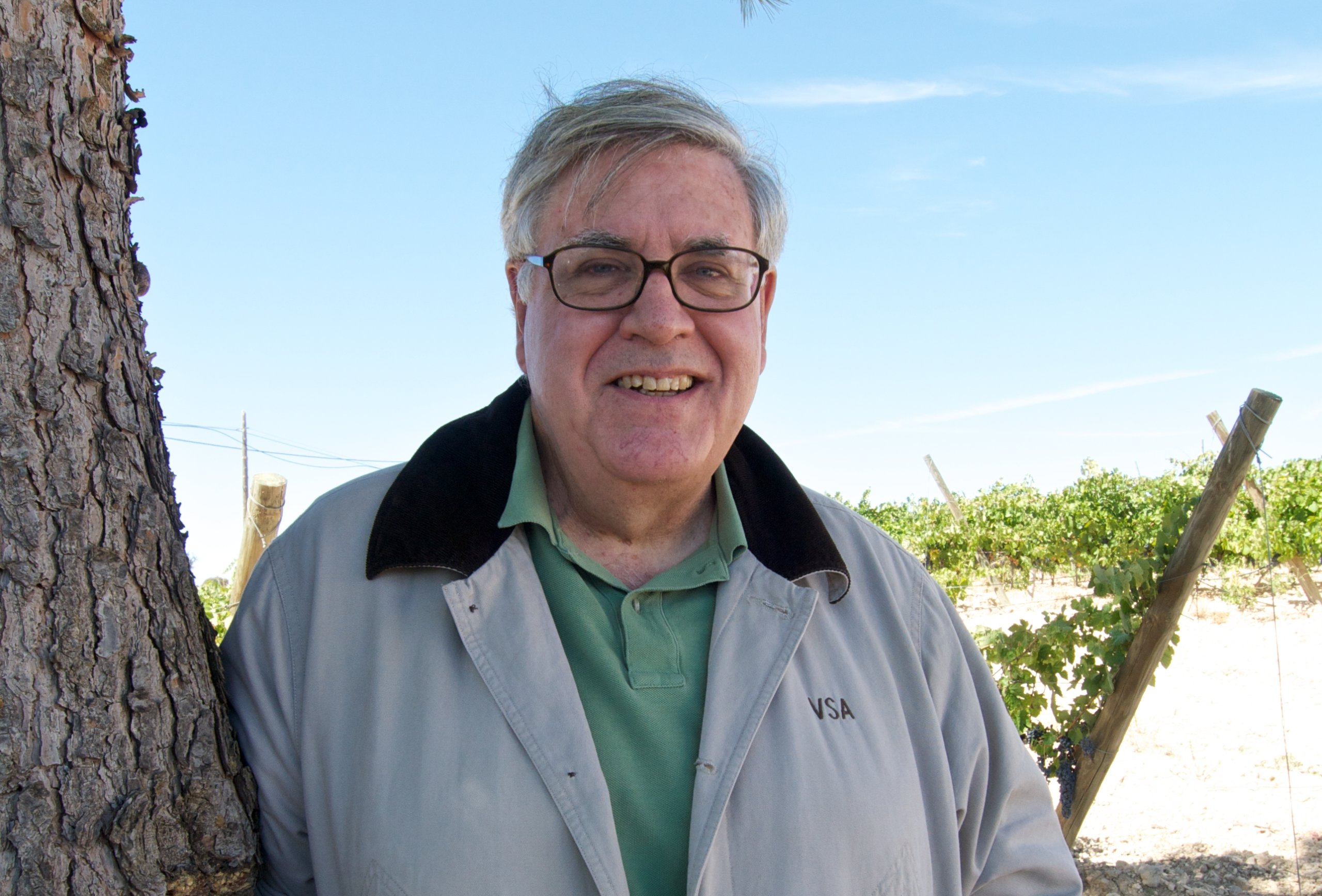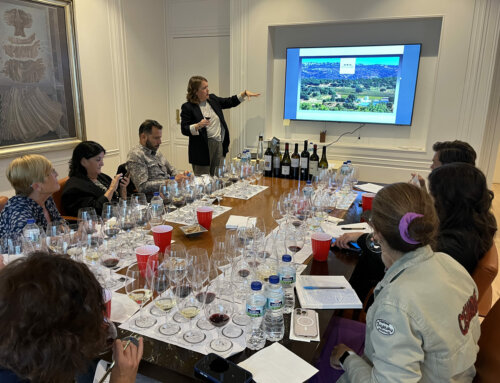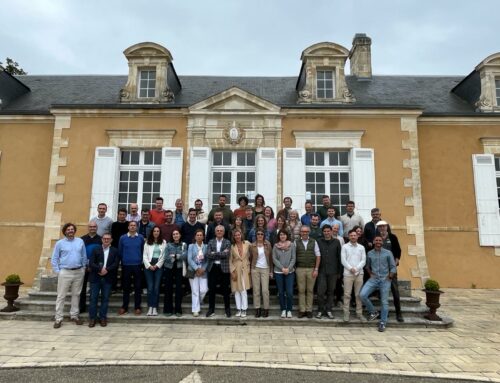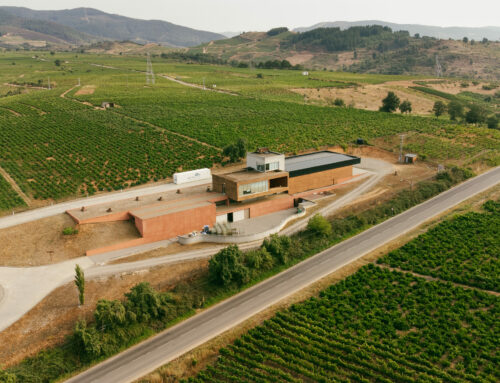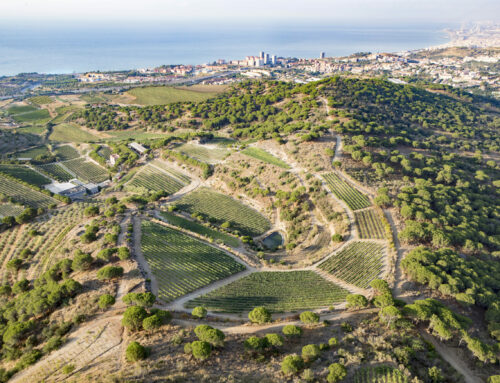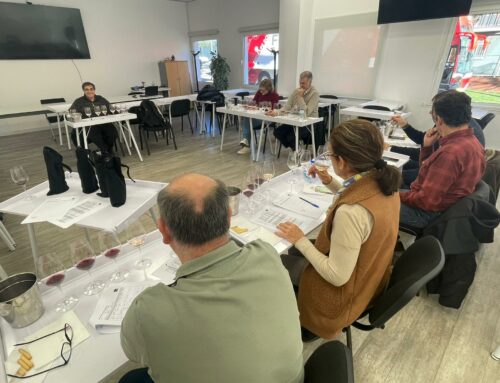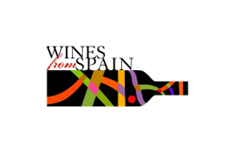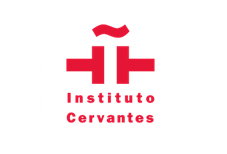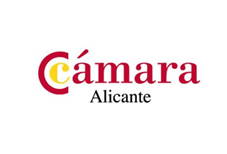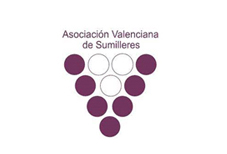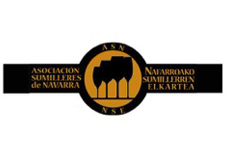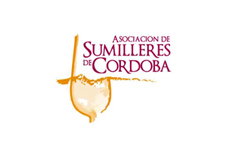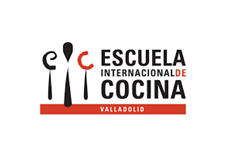By VÍCTOR DE LA SERNA
A small group of friends and enthusiasts of viticulture and wine in the two Castillas began in 2000 to passionately discuss the need to enhance the value of terroir, the wines coming from a single estate, a single soil, a single microclimate – the pago wines, from the Latin ‘pagus’, small rural estate – at a time when industrial concepts, high yields and diverse grape origins still prevailed in Spanish wine. They created the association Grandes Pagos de Castilla, which a few years later became Grandes Pagos de España.
Some, like myself, later ceded to others the command of their estates, because time does not pass in vain. Others have left us due to the merciless course of time. But the pandemic that began in 2020 has been the precursor of an unexpected and painful series of deaths in which we have lost too many friends among the Grandes Pagos winemakers.
Let us remember, then, these precursors of the great return of our sector, in Spain, to the concept of terroir wines who have left us in such a short period of time.
In the first place we must mention, without a doubt, the first and enthusiastic promoter of the return to terroir, Carlos Falcó, the Marquis of Griñón, who carried out his work from a territory, the one between the Tagus River and the Toledo mountains, where the concept of terroir was very much forgotten. Carlos was one of the first victims of Covid 19, practically at the same time -and probably due to a contagion in the same place and on the same day- as Alfonso Cortina, creator of Vallegarcía in the same mountains of Toledo.
Later, several fundamental and recognized members of our association and of the terroir movement in Spain have left us, who in some cases -as Carlos and Alfonso had done in Castilla-La Mancha- revealed to the world areas of immense winemaking category that had been forgotten for centuries. This was the case of Francisco Uribes, from Pago Calzadilla in the mountains of Cuenca, and José Antonio Itarte, who marched from the Basque Country to the heights of Ronda, in Malaga, to resurrect a millenary history of great vineyards.
Javier Zaccagnini, who went from being the head of the Ribera del Duero Regulatory Council to being an enthusiast who recovered the historic vineyards of that region, and Carlos Esteva, who broke with a certain technological drift of the Penedès by recovering the unique potential of its Garraf massif, have also left us, Xavier Gramona, who in the same area of Catalonia distinguished himself for his promotion of very long-aged sparkling wines, and César Muñoz, one of the most outstanding winemakers in Spain, who in recent years, with his advice, brought about the resurgence of Chivite in Navarra.
They have sadly left us, but their legacy forms a decisive part in the resurgence and revelation to the world of Spain, as a whole, as one of the richest and best endowed countries in terroirs suitable for the greatest wines. When they set out on their paths that tradition had been largely forgotten around the world.
